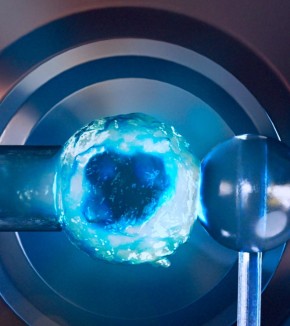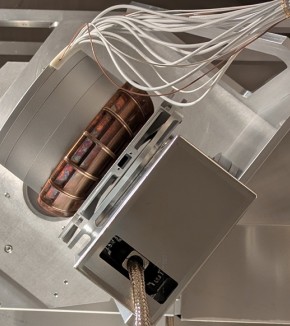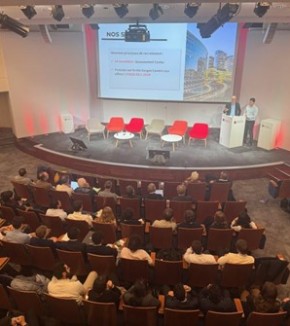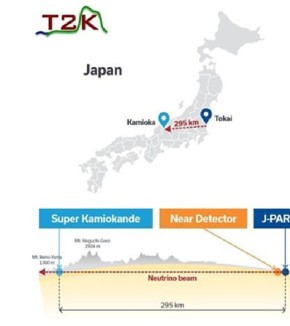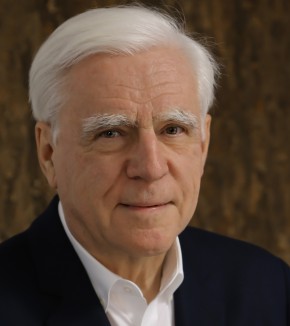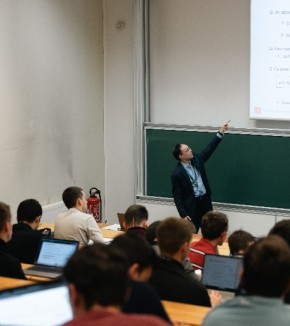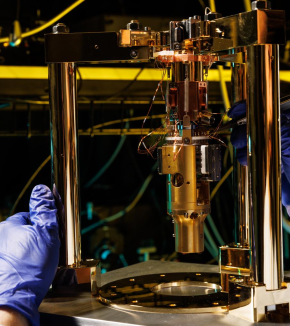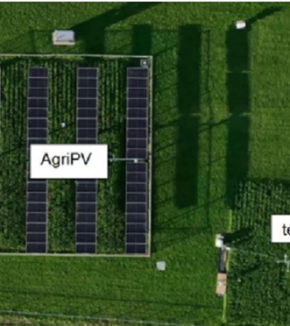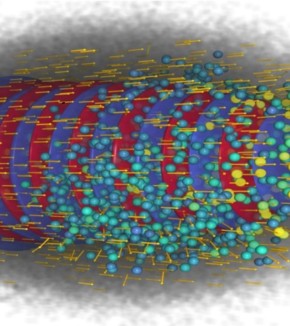- Home
- Research
Research
The creation of our first research laboratory dates back to 1936, with the creation of Louis Leprince Ringuet: a physics laboratory devoted to the study of "atomic nuclei, cosmic rays, [and to] the knowledge of fundamental particles".
Research at l’X was unusual in the early days compared to what was done in other engineering schools because it was above all fundamental. Several other laboratories were developed from the 1960s onwards with Laurent Schwartz and Bernard Grégory, and it was with Pierre Vasseur that the research centre at l’X was really created. The arrival of Ecole Polytechnique on the Saclay plateau in 1976 gave it the space it needed for a research centre.
Today, Ecole Polytechnique has 23 research laboratories with more than 1,600 staff in disciplines as varied as mathematics, physics, chemistry, biology, economics, mechanics, and human sciences. These laboratories are shared with several national research organisations, the most important of which are the CNRS, INRIA and INSERM.
Using unique facilities and internationally recognised know-how, researchers and doctoral students combine the most fundamental aspects of research for the advancement of knowledge with the development of major, more applied fields that will meet the scientific, technological and societal challenges of the 21st century.
The research carried out in the laboratories leads each year to more than 2,500 A-rank scientific publications, the publication of new patents (150 patent families, 10 new patents per year), the creation of start-ups and numerous research contracts with industry.
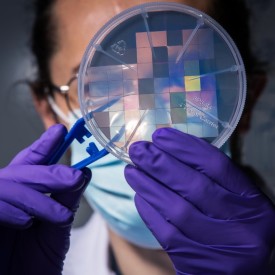
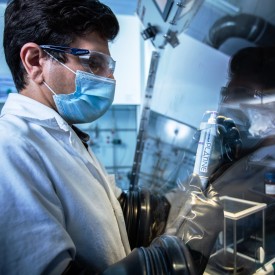
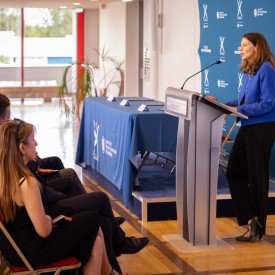
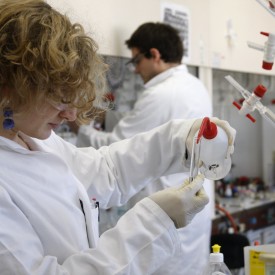

 Support l'X
Support l'X 
